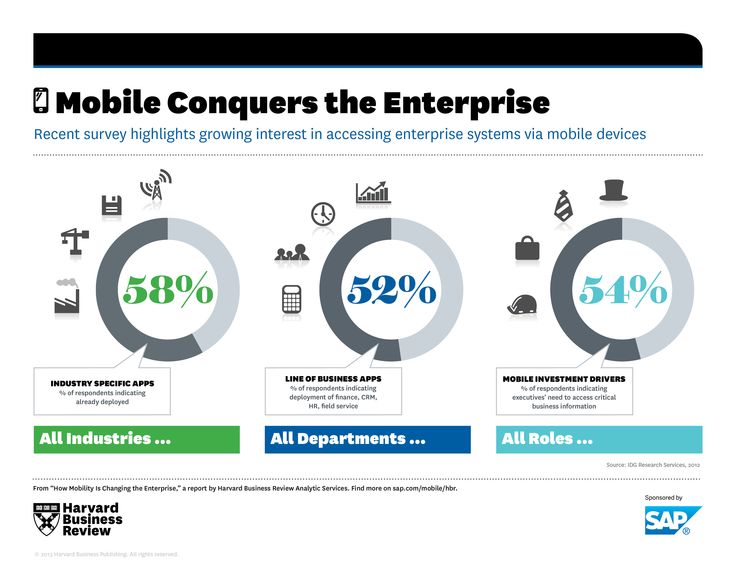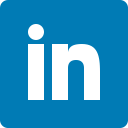
Talent and Innovation: What's Next in HR Tech?
Two decades ago, on-premise HR systems were well established, and on-the-cloud application were a rarity.
Steer forth 2017.
HR technology is at the brink of one of the most disruptive periods it has seen. The disruption has been driven by emergence of cloud and mobile technologies; a growing emphasis in analytics and artificial intelligence; and the propulsion of video, chatbots, social-based recruitment and IoT driven wearables in the workplace.
Read: 5 Workplace Trends of 2018
Cloud-based platforms now run for various HRIS, HCM and HRMS systems, and employees and managers can access these without much help from HR personnel. More so, in the not so distant future, companies could benefit from voice recognition assistants such as Amazon’s Alexa and Google Home to look up payroll, benefits and other work-related apps. This means, forward-thinking professionals need to rethink their HR practices and leverage technology to exceed employee expectation and succeed in business.
Let’s look at the future of workplace applications and what it means to HR –
- Artificial Intelligence: This report by Accenture states the use of artificial intelligence (AI) to grow and double economic growth by 2035. AI presents multiple benefits that allow it to be used simply or take a form of more complex problem-solving capabilities.
- Automating processes: AI as an HR function can automate many processes that a manager does on a daily basis, such as admin work or by supporting assessments and take corrective actions in a bias-free manner.
- Complex data analysis: Whether it is performance, culture or a career-alignment analysis, predictive data decision becomes more accessible that is fueled by AI and will help employers find the right candidates in a job search or can analyze a worker closely.
- An Asset that eliminates bias: AI will be the unequivocal advocate to HR whereby it will help exclude human bias that is often seen in job roles and descriptions and communication. It will also improve in gender and demographic diversity and balance.
- SaaS (Software-as-a-solution): Steady improvements seen in various SaaS-based workforce applications will continue to prove cloud as a viable option for core HR application. ‘One-off’ applications can now be automated and integrated as an extension of a cloud application. Brands that are looking to up their predictive analytic capabilities further can benefit from report data beyond operational level, or extract data from external sources and have increased use of HR analytics by HR leaders or business partners.
- The Mobile, Social, and Talent Revolution:

LinkedIn’s India Recruiting Trends 2016 report suggests the enormous recruitment and talent acquisition market and scattered sources makes it difficult for recruitment teams to finding, hiring and attracting top quality candidates from high-demand talent pools. The most common problems are staged in
- Finding right job candidates.
- Marketing and branding themselves.
- Posting, managing and distributing job postings and job boards.
- Pre-hire skills assessments and management
- Background check and testing.
- Managing process with ATS and recruitment management systems.
Depending on the agility and ability to find the right people for specialized jobs, fast-growing companies can make effective use of talent-based technology.
In recruitment, there are now end-to-end solutions and tools for recruitment management. It can handle every aspect of this process including sourcing, analytics, advertising, online interviews, candidate screening, scoring, relationship management, and candidate onboarding. Information related to clients can also be easily stored with an easy access to the same in coming years. Management services including tracking of the candidates and alumni with a deep focus on developing tools that can be used by the candidates and hiring managers as well. We at Executive Tracks Associates have developed one such tool , Talent Pro-finder. With years of functional knowledge applied to build the product, Talent Pro - finder can help increase efficiency of your talent acquisition team through data analytics and help you manage your talent requirements. You can contact us to know more
1. Adoption of Project Management Tools:
When it is imperative to track a project from start to finish, an advanced project management systems can facilitate collaborations between the remote teams. Using real-time messaging, search, and archiving features, the platforms like Asana, Wrike, TeamWorks Projects, and Basecamp help in tracking the progress of every project undertaken.
Most of these platforms are planning to converge on the space of HR technology to provide effective solutions not only for HR managers but also for the employees in an organization.
In the future, people management practitioners will continue to be pressed to innovate quickly to keep up with business' faster pace of change. Will you?
 👋 contact us
👋 contact us



